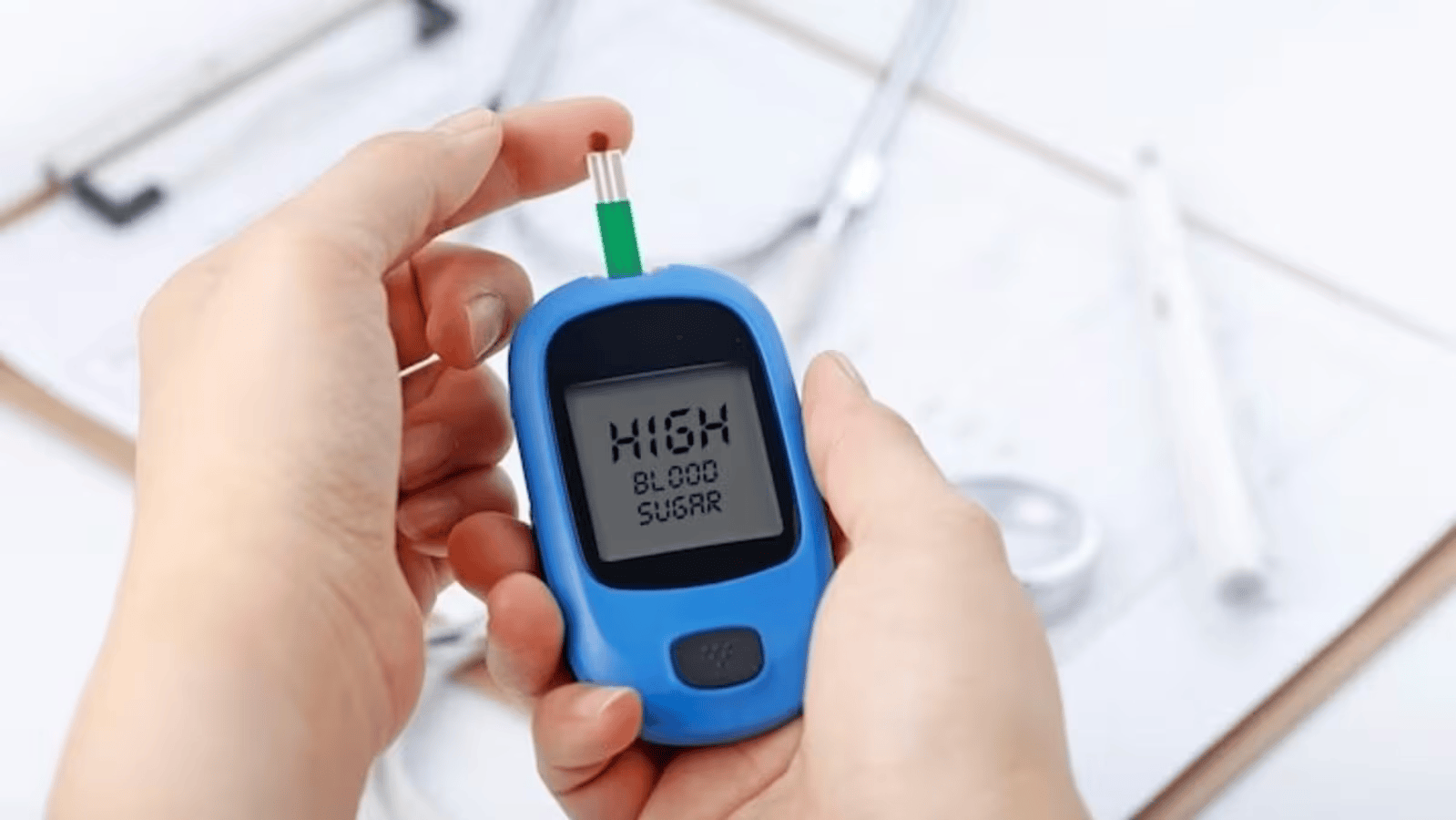
Diabetes is more common than you might think; about 40 million Americans live with it. Of those, more than 36 million have type 2 diabetes. While it’s a condition that requires medical management, the way you live your life also plays a huge role in controlling symptoms and preventing complications.
If you or a loved one has diabetes, it’s important to know that small and consistent lifestyle changes can make a big difference. In this brief article brought to you by the licensed primary care doctors at Southern Maryland Medical Group, we take a closer look at what diabetes is and explore four key lifestyle adjustments to help you manage it effectively.
At its core, diabetes is a condition that affects how your body processes sugar, or glucose, in the blood. In type 1 diabetes, your body doesn’t produce enough insulin (the hormone that helps regulate blood sugar). In type 2 diabetes, your body doesn’t use insulin effectively. Both types lead to higher-than-normal blood sugar levels.
While there’s currently no cure for diabetes, medical treatments like insulin and other medications help keep blood sugar levels in check. However, lifestyle is the true game-changer. If you’re living with diabetes, your daily habits can either work with your treatment plan or against it.
What you eat matters, but you don’t need to give up all your favorite foods or follow a strict and joyless diet. The goal is balance and consistency. Consider these three steps:
Remember, no single meal is going to derail your progress – but making mindful food choices over time will set you up for success.
Exercise isn’t just about losing weight; it’s also a powerful tool for managing diabetes. Physical activity helps lower blood sugar levels by improving how your body uses insulin. It also boosts mood and energy levels – that’s a win-win-win!
If you’re new to exercise, start with 10–15 minutes of walking a day and gradually increase. Whether it’s swimming, yoga, or dancing, choose activities that make you happy so you’ll stick with them.
PRO TIP: Check your blood sugar before and after exercise, especially if you’re on insulin, to make sure it stays within a healthy range.
Sleep might not seem directly related to diabetes, but it’s a cornerstone of good health. Poor sleep can throw your hormones out of balance, increase stress, and lead to higher blood sugar levels.
Go to bed and wake up at the same time each day to regulate your body’s internal clock. To help, consider winding down with calming activities like reading, meditating, or taking a warm bath before bed. Avoid phones, tablets, and TVs for at least an hour before bed to improve sleep quality.
Believe it or not, stress can wreak havoc on your blood sugar levels. When you’re stressed, your body releases hormones like cortisol that can cause blood sugar to rise. That’s why managing stress is just as important as monitoring your diet or exercising.
By making small and sustainable changes to your diet, exercise routine, sleep habits, and stress management techniques, you can take charge of your health and feel empowered. Remember, you’re not alone on this journey. Work closely with your healthcare provider to develop a personalized plan that fits your needs.
Residents in the area looking for a licensed primary care physician can call or message Southern Maryland Medical Group to schedule a convenient appointment today.
Southern Maryland Medical Group has 3 convenient locations to provide professional medical care services in the Southern Maryland area. Call or schedule an appointment with one of our locations to get medical care help.

5801 Allentown Road, Suite 400 Camp Spring, MD 20746
Phone: 301-868- 0150
Billing Inquiries: 301-552-1270
Fax: 301-868-0243

7500 Greenway Center, Dr #1200 Greenbelt, MD 20770
Phone: 301-486-7580
Billing Inquiries: 301-552-1270
Fax: 301-486-7581

6510 Kenilworth Ave, Ste 1400, Riverdale MD 20737
Phone: 301-618-0771
Billing Inquiries: 301-552-1270
Fax: 301-618-0772